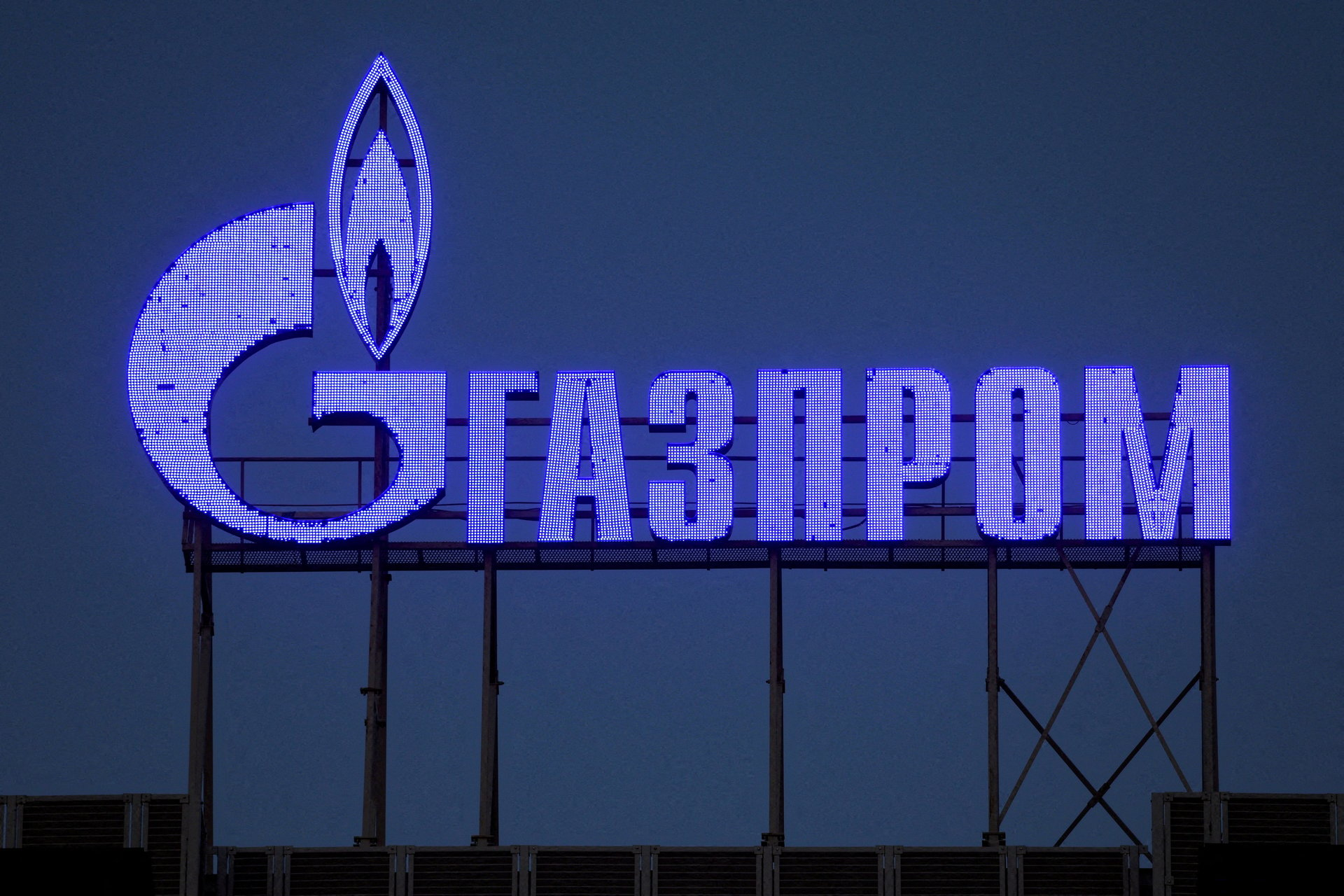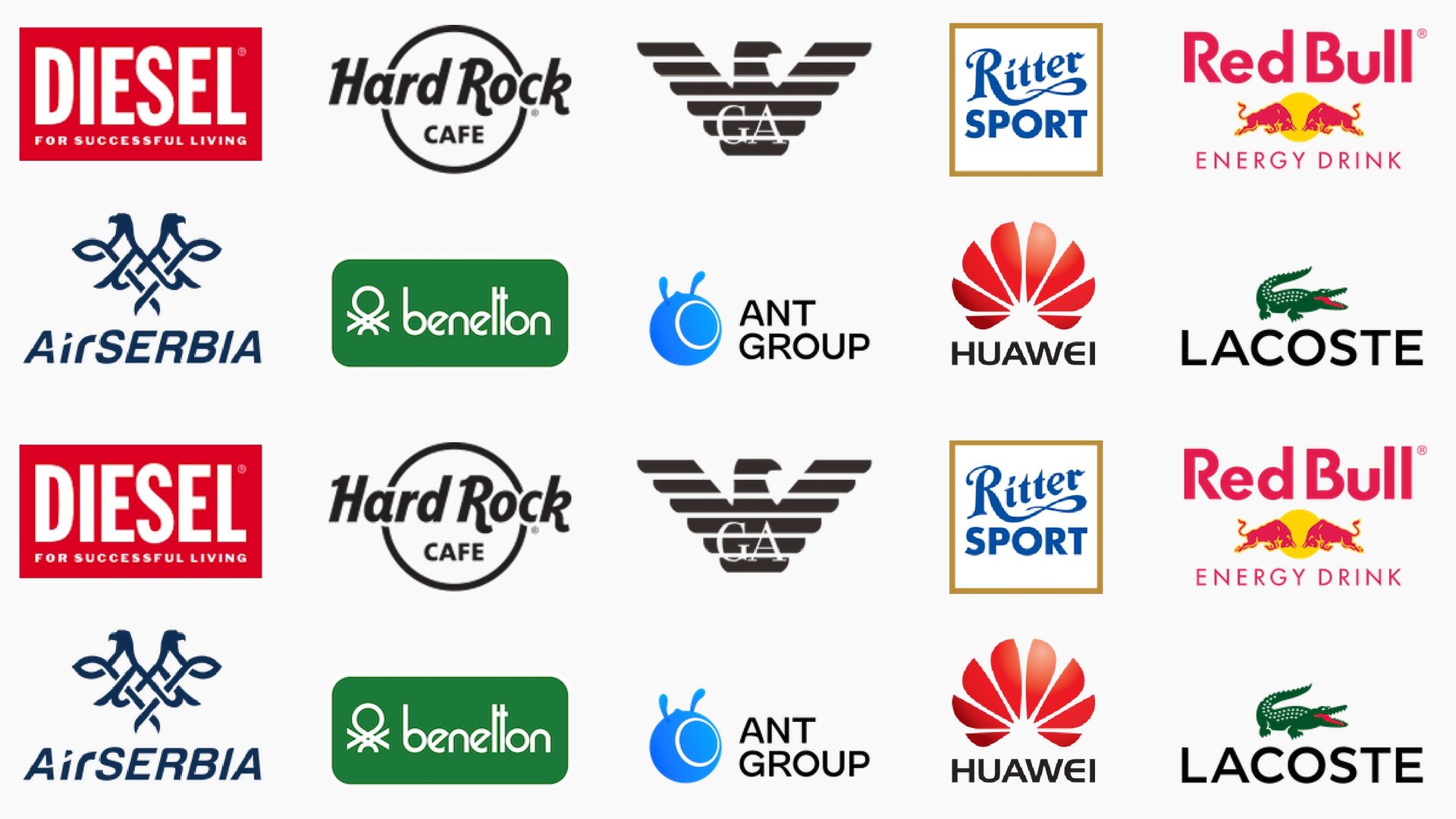
Good morning, Quartz readers!
Here’s what you need to know
Russia is reducing its gas output to Germany and Italy by 60%. Gazprom says the issue is technical, but something doesn’t smell right to Europe. Meanwhile on the western front, civilians trapped in Sievierodonetsk are running out of water.
The US Federal Reserve increased the interest rate by 0.75%… Such a significant increment shows the central bank’s determination to counter the highest inflation rate since the 1980s.
…And the European Central Bank will raise interest rates by 0.25%. The hike, the first in 11 years, will come in July—and might not be the last.
Xi Jinping has signed a directive allowing for non-war use of the military abroad. The move raises fears that China might take a page from Russia’s playbook and conduct military operations in Taiwan.
The WHO will rename monkeypox strands. Scientists have been asking that references to west and central Africa be removed from the virus’s name to avoid stigma.
A leading trans health organization says hormone therapy is safe from age 14. The guidelines put the possible start of the therapy two years earlier than previously advised.
FIFA is announcing the 2026 World Cup host cities today. North America will host the event, and 23 cities—three in Mexico, three in Canada, and 17 in the US—are among the possible game sites.
What to watch for
The World Trade Organization is currently getting together for its first high-profile meeting in almost five years. On the table is a TRIPS waiver that would remove patents for covid vaccines, therapeutics, and diagnostics.
Public health advocates say patents have been a huge obstacle in the way of vaccine equality, yet pharmaceutical companies, worried the waiver would lead to loss of profits, say it would compromise future investment in drug development.
A modified version of the proposal, one that, among other restrictions, limits the waiver to vaccines, is on the table. Advocates for access to medicine say the scope is so narrow it would be effectively useless for the current crisis and a bad precedent for future ones.
Negotiations were supposed to end on Wednesday but were extended for an extra day to facilitate reaching an agreement, though there is no guarantee of success.
The cost of staying in Russia

Nearly 1,000 corporations have left Russia since it invaded Ukraine, but more than 400 major companies remain, from restaurant chains to clothing brands to airlines.
Companies operating in Russia face growing uncertainty about Russia’s economic prospects as the conflict draws on. For firms no longer there, leaving has proved to be a good financial choice, according to a study released last month. Despite concerns over lost revenue and asset write-downs, equity gains have, for most companies, far surpassed the cost of exiting Russia.
Paying for climate action with high oil prices
At first glance, once-in-a-decade oil prices could be an incentive to drill more. But the opposite is happening: Exxon, Chevron, and their peers are using windfall profits to pump up their stock prices and pay dividends to shareholders (despite desperate exhortations from the White House to invest them in drilling). Seen through a climate lens, these high prices could end up being a boon:
🔋 Record-breaking gasoline prices are blunting the sticker shock of electric vehicles, and could speed their adoption.
🤞 Higher sales revenue from oil and gas means a tax windfall for fossil fuel-producing US states, which could use it to fund programs that clean up legacy pollution and future-proof their economies for when they inevitably hit the end of their natural fossil fuel supply.
🚌 Maybe, just maybe, car drivers will make the switch to public transit, where available.
✦ Love stories like these? Support our journalism by becoming a Quartz member. Sign up today and take 40% off.
Surprising discoveries
China deleted a report about detecting aliens. Its enormous Sky Eye telescope either did or did not see something up there, because—see?—telescopes are just like us.
The Black Death’s origins were solved. That settles one pandemic mystery at least.
Earthworms aren’t a friendly monolith. The particularly energetic ones can do more harm than good.
Nature has its own superglue. Mistletoe can produce a versatile, powerful adhesive if you rub it, but a kiss can be deadlier if you mean it.
Netflix is casting for a real-life Squid Game show. Sometimes it’s OK to just let a success be a success, and leave it at that.
Our best wishes for a productive day. Send any news, comments, chill worms, and Batman quotes to [email protected]. Reader support makes Quartz available to all—become a member. Today’s Daily Brief was brought to you by Amanda Shendruk, Tim McDonnell, Annalisa Merelli, and Susan Howson.